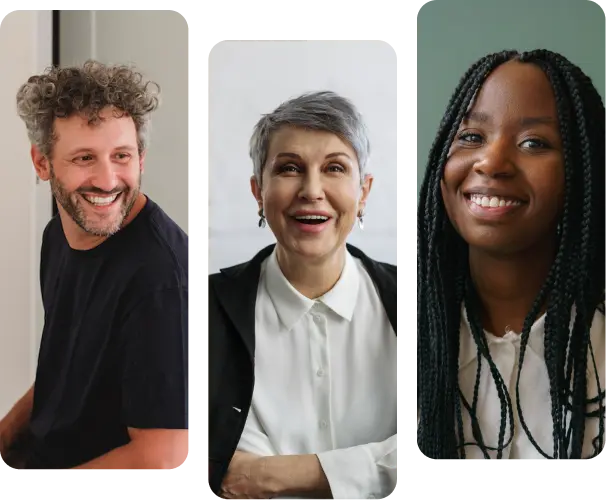Can You Grieve Something You Never Had?
Oct 18, 2016
Clara Bridges
Oct 18, 2016
There is no such thing as a perfect childhood. But some of us end up in therapy because our childhoods were missing something. Or had too much of something. Or, when combined with our genetic inheritance and our unique brand of frailty, were not quite what we needed to help us grow into adults capable of self-actualisation.
For a long time I've known that therapy cannot simply 'make up for' what I didn't have as a child. My therapist is 'in the place of mother', but I am an adult, not a child, and rewriting history is impossible. I have also known, in a rather theoretical way, that part of my task in therapy is to grieve what I missed out on - yet that has always puzzled me as an idea. What does this grieving consist of? How can you grieve not a loss but a non-existence - a thing that is unknown to you and has no form? How do you grieve what you never had?
You can't - or at least, I couldn't. I couldn't grieve what I never had, until I had it; I couldn't grieve the unknown, until I knew it. And not just in an intellectual way, but until I felt it very deeply, in my whole being.
I have grown so much over the last few months in therapy. I see it in the flourishing of my relationship with my therapist and my recent ability to see her as 'mother', while being able to relate to her in an entirely new way that does not repeat the difficulties inherent in my relationship with my biological mother. I can be vulnerable with her, and truthful without fear of rejection. I can experience conflict without it feeling like a disaster. I can appreciate that we are separate people who can matter to each other despite being different.
My therapist gives me unconditional acceptance. She is genuinely curious about who I am, and she cares deeply about enabling me to live a more fulfilled life. I matter to her - but at the same time she shows me that my significance is vested in who I am, and is not contingent upon her. I'm starting to feel more integrated, more genuine, somehow more of a person. I'm starting to feel more complete within myself and yet also more capable of connection with others. I feel more anchored in the world.
How different things could have been if I had had those things growing up - if I had learned to feel that way about myself, and others, decades ago.
If instead of telling me my friends would never care about me in the way that she did, my mother had taught me about the importance of deep and mutually supportive friendships. If instead of telling me there was nothing hidden between mother and daughter, she had taught me the importance of boundaries and using my discretion to decide how much to share with others. If instead of telling me that boys were for college and sex was for marriage, she treated sexuality as a normal part of life and supported me in exploring it safely, both emotionally and physically. If instead of making me promise I wouldn't depart from her own values and traditions, she encouraged me to discover my own beliefs. If instead of praising me for what I wore or for achieving academically, she praised me for personality traits such kindness, honesty, or courage. If instead of chiding me for being easily led but also for not taking her lead, she taught me to have confidence in my own judgement. If instead of telling me I had nothing to be depressed about, she had validated my feelings. If instead of constantly warning me about the dangers of the outside world, she helped me to find my place in it.
Now that I understand how different things could have been, I've been able to start grieving over the 'if only's of my past. Crying for all the things that I didn't have but that I now experience so strongly and so movingly. And crying also for the things I won't always have. Therapy has an ending. Its aim, like that of parenting, is to build me up so that eventually I will no longer need it and will carry its lessons and experiences with me. Time feels excruciatingly short; perhaps because, unlike children who take growing up for granted whether the experience is good or bad , I am acutely aware of the precious process of being transformed, and the precious relationship enabling that transformation.
How do you grieve what you never had? You receive what was missing, feel it, mourn its lateness in arrival, but take in everything it has to give - and make it last forever.
Clara blogs at Life in a Bind
Clara Bridges
Clara Bridges was diagnosed with Borderline Personality Disorder and Generalised Anxiety Disorder in 2013. She has been seeing a psychoanalytic psychotherapist since then, and meets with her several times a week. She works in the education sector and is married with two children.
Read further
